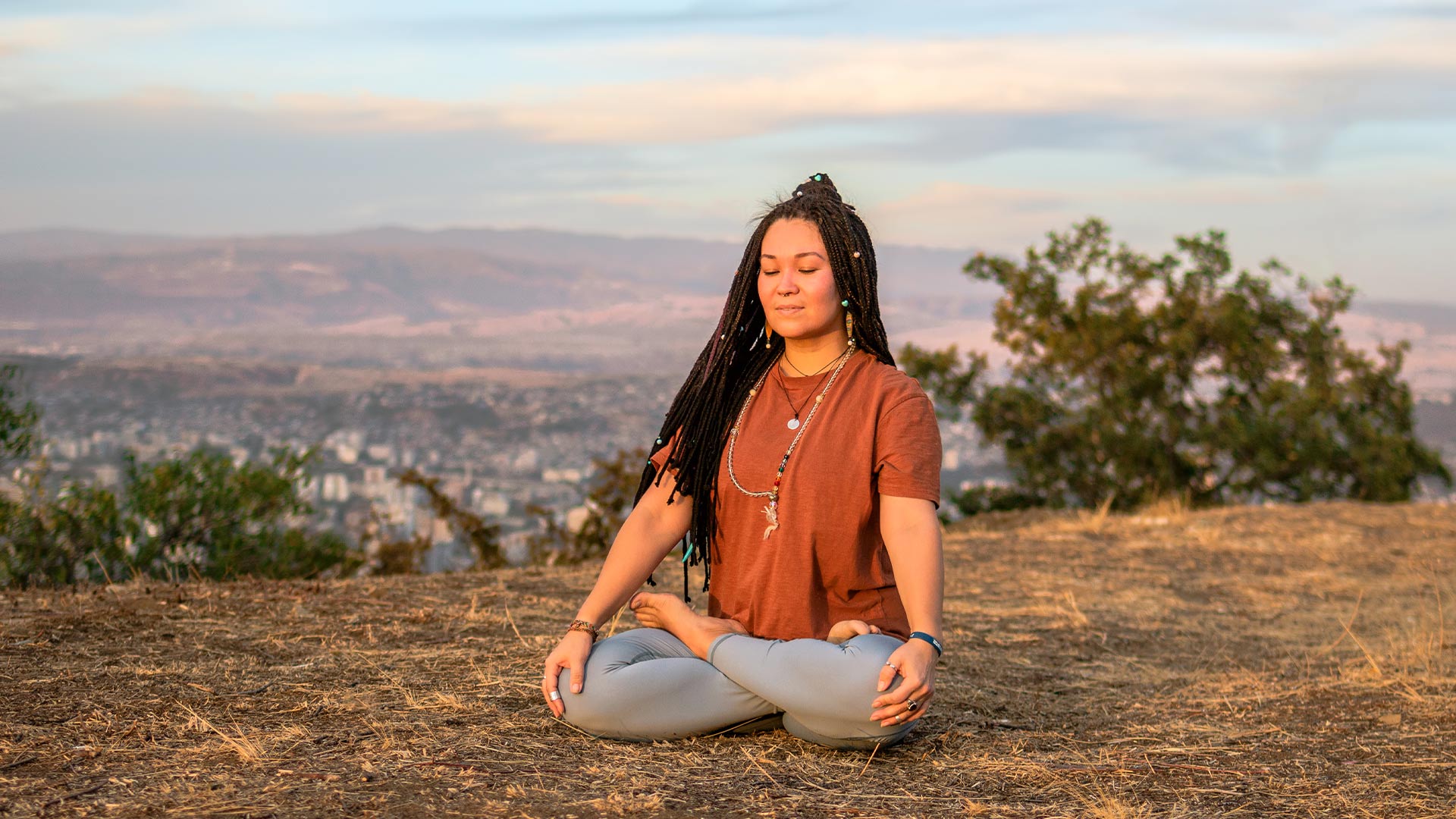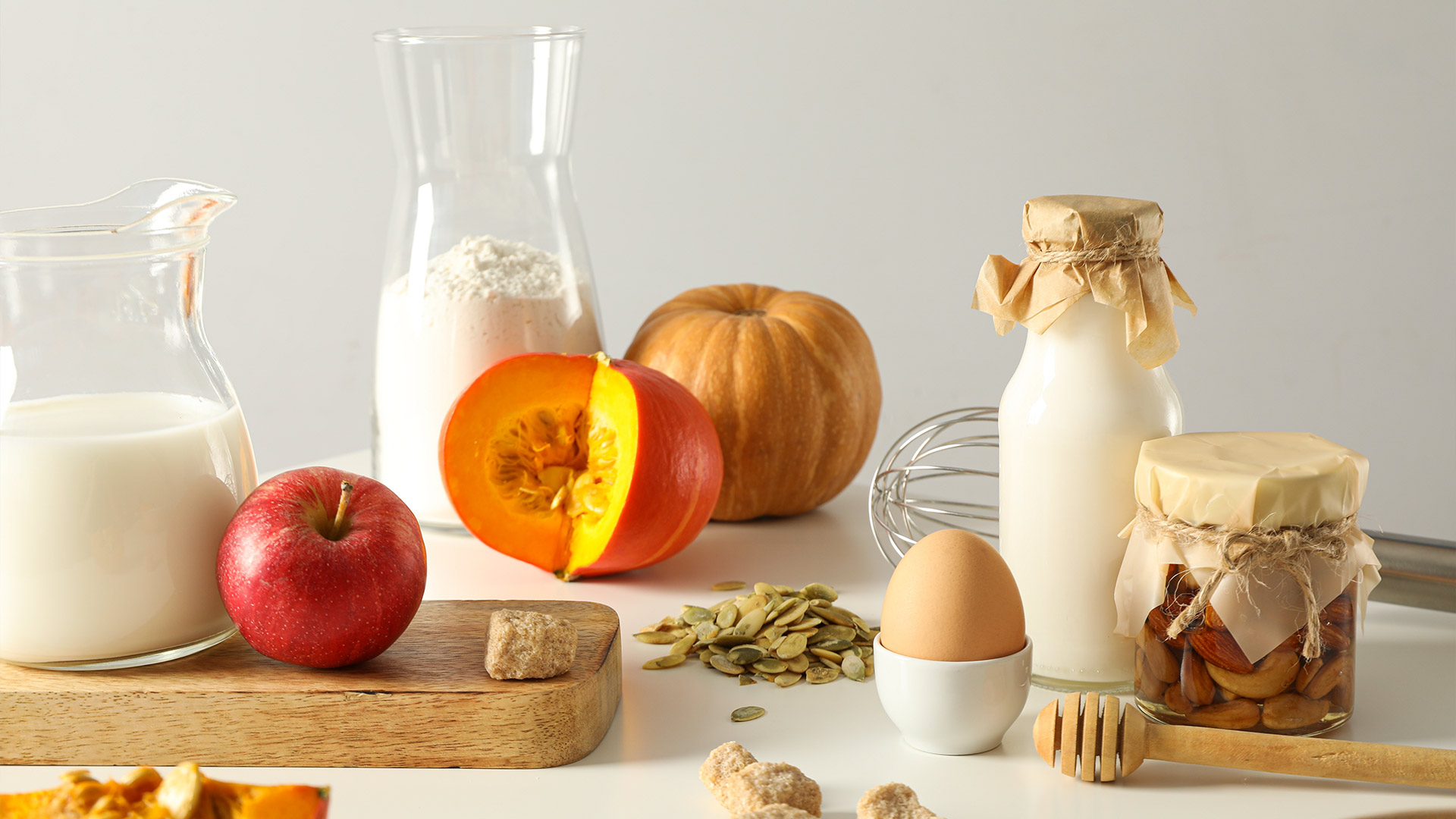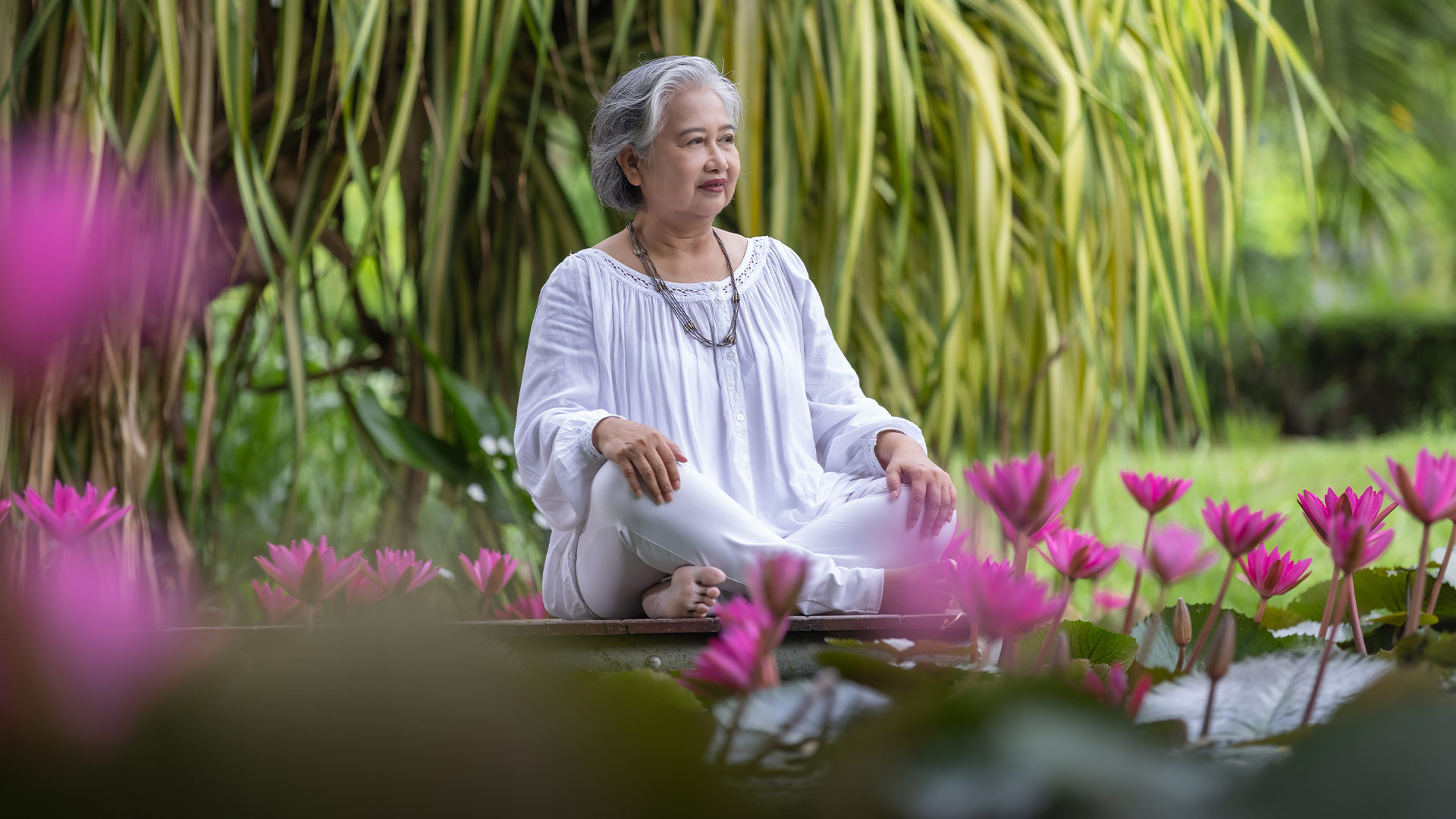We hear a lot about anti-aging creams, supplements, and workouts—but what if one of the most powerful tools to age slower doesn’t come in a jar or require a gym membership? Yep, we’re talking about mindfulness. That “woo-woo” thing your yoga teacher keeps bringing up? Turns out, it might be one of the most legit anti-aging practices out there.
And before you roll your eyes—no, you don’t have to sit cross-legged on a mountaintop for hours. Mindfulness is way more accessible than that, and honestly, it can be kind of life-changing once you get into it.
Let’s break down exactly how mindfulness keeps your mind and body younger, and how you can sneak it into your day without totally rearranging your life.
What Exactly Is Mindfulness?
Mindfulness is simply the act of paying attention to the present moment without judgment. That’s it. No incense required.
It could look like:
- Noticing the smell and texture of your coffee before you drink it
- Feeling your breath as it moves in and out while waiting in traffic
- Listening—really listening—when someone talks, instead of half-scrolling your phone
When we’re mindful, we’re not reliving the past or stressing about the future. We’re just here, now. And that has some surprising effects on how we age.
Stress = Accelerated Aging. Mindfulness = Chill Mode
Chronic stress is one of the fastest ways to age your body. It increases inflammation, shortens telomeres (the protective ends of your chromosomes), and messes with your sleep, digestion, and immune system.
Mindfulness works like a pressure-release valve for all that tension.
Studies have shown that people who practice mindfulness regularly have:
- Lower cortisol levels (that’s the stress hormone behind breakouts and belly fat)
- Less systemic inflammation
- Better sleep quality
- Slower telomere shortening (aka slower cellular aging)
Pretty wild, right? All from noticing your breath and not judging yourself for forgetting to take the chicken out of the freezer again.
Mindfulness Keeps Your Brain Sharp
Let’s talk cognitive aging. As we get older, our brains naturally slow down a bit. Memory, focus, and reaction time can all take a hit.
But mindfulness is like exercise for your prefrontal cortex, the part of your brain that handles decision-making, attention, and emotional regulation.
MRI studies show that regular mindfulness meditation can actually increase the density of gray matter in this region—even in older adults.
And no, you don’t need to meditate for hours a day. Just 10–15 minutes can help. Even being more intentional about mundane tasks (like washing dishes or brushing your teeth) counts as brain-boosting mindfulness.
Real-life example:
Alan, 63, started using a meditation app for 5 minutes each morning before checking emails. “I don’t misplace my keys as much anymore,” he laughs. “And I actually remember why I walked into the kitchen half the time now.”
It Can Improve Your Skin (Yes, Really)
Stress shows up on your skin—big time. Think dullness, flare-ups, breakouts, and that general “why do I look so tired?” vibe.
Mindfulness helps your skin glow by:
- Reducing stress-triggered inflammation
- Supporting healthier sleep (when your skin does most of its repair work)
- Curbing unconscious habits like face-touching or jaw clenching
Some dermatologists even recommend mindfulness as part of treating chronic skin issues like eczema and rosacea.
Also, when you’re present, you’re more likely to be consistent with your skincare routine. (No more forgetting SPF because you were in a rush thinking about ten things at once.)
Mindfulness Keeps You Connected—And That Keeps You Young
Isolation is a sneaky ager. People who feel disconnected tend to experience faster cognitive decline, more health issues, and shorter lifespans.
Mindfulness helps you:
- Really listen in conversations
- Show up more fully with the people you love
- Let go of grudges more easily (hello, inner peace)
All of that adds up to stronger relationships, which have been linked to better health outcomes across the board.
Story time:
Marisol, 58, started a weekly mindfulness walk with her neighbor. “We leave our phones at home and just talk—or don’t. Either way, I feel lighter afterward, like my brain and heart got a reset.”
You Don’t Need a Meditation Pillow to Start
Mindfulness doesn’t mean sitting in silence for 45 minutes wondering if you’re doing it wrong. (Spoiler: there’s no “wrong.”)
Here are easy ways to sneak mindfulness into your real, messy, wonderful life:
- Mindful eating: Pay attention to the colors, smells, and flavors of your food. Even one mindful bite counts.
- Mindful walking: Feel your feet hit the ground. Listen to the sounds around you. Look up from your phone.
- Mindful moments: Pick one everyday task (like washing your hands) and turn it into a check-in. “Where’s my mind right now?”
- Breath check-ins: A few deep inhales and exhales before a meeting or after a frustrating moment can reset your nervous system fast.
And if you do want to explore meditation, apps like Headspace, Calm, or Insight Timer make it super easy to try.
Aging Is Inevitable. How You Age? That’s Flexible.
You can’t stop the years from passing, but you can absolutely change how those years shape you.
Aging mindfully means:
- Noticing your body without judging it
- Being curious about your thoughts instead of stuck in them
- Showing up fully in the moments that make up your life
It’s not just about preventing wrinkles or staying sharp—it’s about living with intention so that each day feels fuller, deeper, and yes, even younger.



